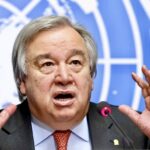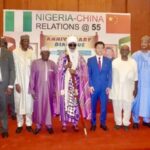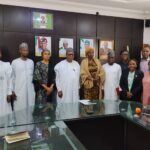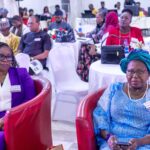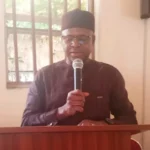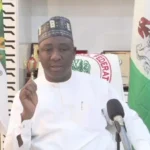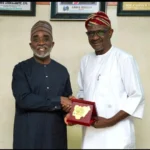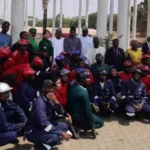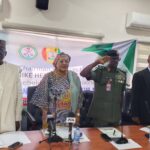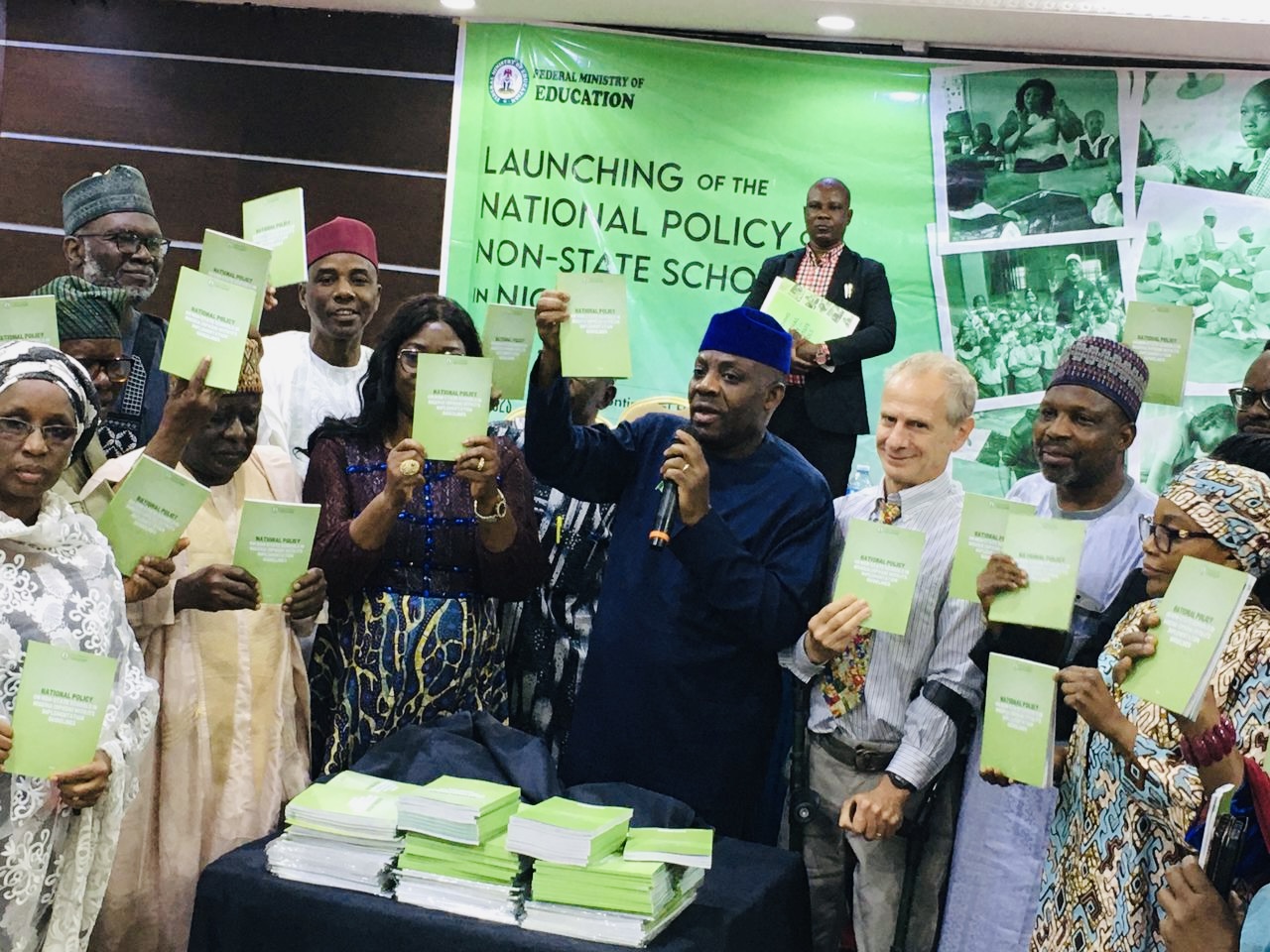By Funmilayo Adeyemi
The Federal Government has unveiled a comprehensive policy on non-state schools, setting clear guidelines for infrastructure, teacher quality, curriculum delivery, and accountability standards.
The Minister of Education, Dr Tunji Alausa, at the event in Abuja on Wednesday, said it was aimed at improving quality and promoting greater accountability across Nigeria’s diverse education landscape.
The News Agency of Nigeria (NAN) reports that the policy was developed with support from the UK’s Foreign, Commonwealth and Development Office (FCDO) under the Partnership for Learning for All in Nigeria (PLANE) programme.
Alausa said the initiative was part of President Bola Tinubu’s broader National Education Sector Renewal Initiative (NESRI), which prioritises education as a key driver of national development.
He underscored the vital role non-state schools play in expanding access to education.
“By harnessing the potential of non-state schools, we can increase access to quality education, improve learning outcomes, and promote economic growth,” he said.
The minister explained that the policy outlines minimum standards for infrastructure, curriculum, and teacher quality. It also provides a framework for collaboration between non-state providers and the government.
Citing recent data, Alausa said between 2017 and 2022, non-state schools grew by approximately 39 per cent, compared to 3.5 per cent and 6.3 per cent growth in government-run primary and junior secondary schools, respectively.
“As our population continues to grow, non-state schools are helping to fill the gap.
While we appreciate their role, we are determined to ensure better regulation, accountability, and support so they can deliver higher-quality education to our children,” he added.
He further announced that the government would roll out practical incentives for private school operators, including indirect reimbursement for enrolling out-of-school children, with implementation slated for the 2025–2026 academic session.
Additionally, direct grants and vouchers will be made available through the Universal Basic Education Commission (UBEC) to support privately owned early childhood development centres.
Also speaking, the Senior Education Adviser at the British High Commission, Mr Ian Attfield, commended Nigeria for its commitment to addressing the educational needs of underserved learners.
He recalled the early work of UK academic Prof. James Tooley, whose book The Beautiful Tree documented the rise of private schools operating beyond the reach of government regulation.
“That research highlighted a basic economic reality, when demand for education outstrips government provision, alternative forms of schooling emerge organically,” he said.
Attfield said the UK had long partnered with Nigeria to develop progressive education policies, noting that the explosive urban growth in cities like Lagos had far outpaced the expansion of public schools.
The Registrar of the Teachers Registration Council of Nigeria (TRCN), Dr Ronke Soyombo, disclosed that a recent survey showed over 85 per cent of those in the teaching profession were not registered.
She said the new policy mandates that non-state school teachers must be registered, certified, and licensed by TRCN.
“In readiness to address the implementation of the non-state schools policy, the TRCN is working to make registration, certification, and licensing seamless for non-state school teachers nationwide,” she assured.
NAN reports that the policy includes robust quality assurance measures and aims to hold non-state schools accountable for performance and transparency.
Non-state schools in Nigeria include faith-based institutions, private schools, home schooling centres, tutorial/adult learning centres, voluntary/charity schools, and community schools. (NAN)
Edited by Sadiya Hamza

